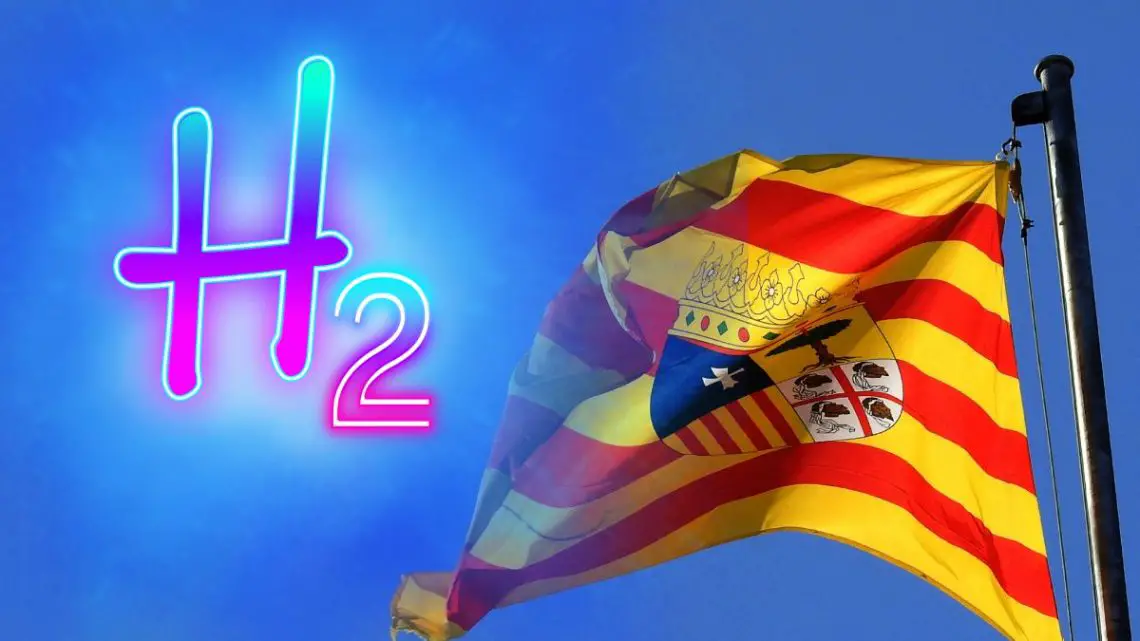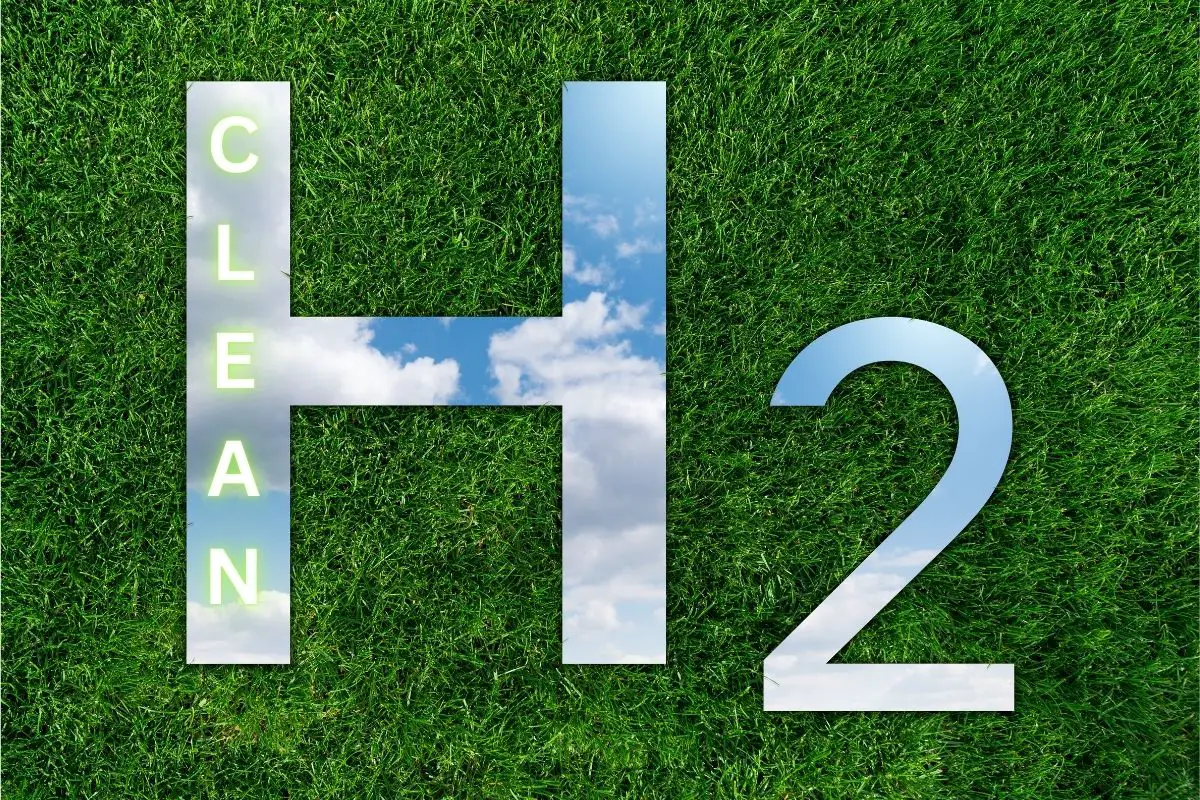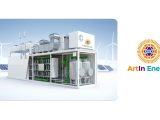
This new waste-to-hydrogen project has special relevance for Spain
August 14, 2024Raven SR’s unique W2E H2 project will be the first in Europe.
Raven SR, a Wyoming-based renewable fuels company that converts waste to clean hydrogen and Fischer-Tropsch synthetic fuels, announced that the waste-to-hydrogen production plant it has planned for Zaragoza, Spain, has been declared by the Regional Ministry of Presidency, Economy and Justice of the Government of Aragón as “A Project and Investment of Regional Autonomous Interest”. The facility will be the first European hub for converting organic waste into clean hydrogen through Raven SR’s innovative Steam/CO2 Reforming technology.
This special designation has been awarded to only a limited number of projects in Spain.
What makes the designation by the Government of Aragón noteworthy is that it is reserved only for those projects that have a special relevance for economic, social and territorial development in the autonomous community. The designation allows for speedier and lower administrative deadlines. In the past decade, very few projects have received this status in Spain. The fact that Raven SR’s waste-to-hydrogen project was given this honor shows the extreme level of scrutiny and importance placed on this initiative.
Raven SR is thrilled to be developing the waste to H2 facility in Spain. According to company CEO Matt Murdock, Raven SR is “honored and privileged” that Aragón has “entrusted” them with the designation. Murdock added that it reinforces the autonomous community’s commitment to innovative and sustainable tech.
About Raven SR’s waste-to-hydrogen technology.
Raven SR has developed a uniquely patented Steam/CO2 Reforming technology. It uses this tech to convert waste (municipal solid waste, organic waster, methane) into high-quality clean H2 and Fischer-Tropsch synthetic fuels.

The unique process is a non-combustion thermal, chemical deductive process. It does not need fresh water as feedstock and uses less than half of the power required by electrolysis. This results in greater efficiency and delivering fuel with next to no carbon intensity. The technology is capable of processing multiple and mixed wastes at the same time. No matter the feedstock used, a hydrogen-rich synthetic gas is produced every time, allowing the highest volume of output for every ton of input.
The modular design of Raven SR’s waste-to-hydrogen technology offers scalability, making it possible to locally produce clean hydrogen and synthetic liquid fuels from local waste.
The project is expected to be operational by 2026.
 Raven SR’s project has received support from the European Commission, which awarded the company €2.4 million ($2.6 million) in 2022 to help start up the plant. The company also gained additional funding from the Ministry for Ecological Transition and the Demographic Challenge in Spain via the Perte H2 Cadena Valor C2 grant.
Raven SR’s project has received support from the European Commission, which awarded the company €2.4 million ($2.6 million) in 2022 to help start up the plant. The company also gained additional funding from the Ministry for Ecological Transition and the Demographic Challenge in Spain via the Perte H2 Cadena Valor C2 grant.
Raven SR expects the waste-to-hydrogen facility to be up and running by 2026. Once operational, for each ton of organic waste it will reportedly produce 75 kg of transport-grade hydrogen, an estimated 5,250 kg daily, and an annual total of about 1.8 million kg.



 With over 15 years of reporting hydrogen news, we are your premier source for the latest updates and insights in hydrogen and renewable energy.
With over 15 years of reporting hydrogen news, we are your premier source for the latest updates and insights in hydrogen and renewable energy.